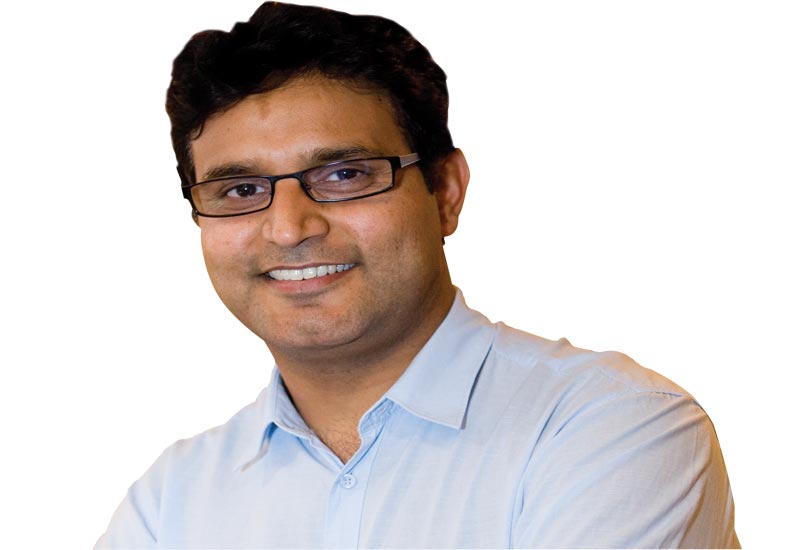 Atul Kochhar is a twice Michelin starred chef, author of three books and regularly appears on television in the UK. He owns two fine dining restaurants in London and Dublin, and a restaurant on a P&O cruise liner. His new restaurant, Rang Mahal, will open in Dubai at the end of 2012.
Atul Kochhar is a twice Michelin starred chef, author of three books and regularly appears on television in the UK. He owns two fine dining restaurants in London and Dublin, and a restaurant on a P&O cruise liner. His new restaurant, Rang Mahal, will open in Dubai at the end of 2012.
At my London restaurant, Benares, we try to reduce waste as much as possible as a team. We give guests the option to take home food that they may not have been able to finish.
By offering a take-away to guests, waste is reduced and it improves their experience. They have paid for their entire meal so they should have the choice to enjoy it at a later time if they cannot finish it at the restaurant.
At Benares I also encourage our chefs to be creative and think how they can use all parts of a product: can the trimmings from meat be used to make a sauce or jus? Can the cuttings from a fruit or vegetable be used as an ingredient in our chutneys?
We also work very closely with our suppliers to keep orders and deliveries small at regular intervals. Planning menus and ordering produce in smaller quantities is also a crucial aspect in reducing food waste. This also means that our ingredients are always at their most fresh.

| Advertisement |
Guests can also make an effort to reduce wastage when dining out. This means ordering less or smaller portions. Also, if you don’t like an ingredient, ask for it not to be included. Furthermore, don’t hesitate to ask for takeaway containers, as most restaurants always have the option.
As a chef I feel I have an affinity to Mother Earth that many professions don’t. I create food, which creates demand and food producers have to react to this.
That’s why the job comes with so much responsibility – to not keep an eye on the relationship between ingredients and supply can be disastrous. With a small amount of education, we can react to nature’s messages and translate them back to the work in our kitchens. Cutting waste is rewarding, as well as essential.
Atul Kochhar is a twice Michelin starred chef, author of three books and regularly appears on television in the UK. He owns two fine dining restaurants in London and Dublin, and a restaurant on a P&O cruise liner. His new restaurant, Rang Mahal, will open in Dubai at the end of 2012.








 Search our database of more than 2,700 industry companies
Search our database of more than 2,700 industry companies









